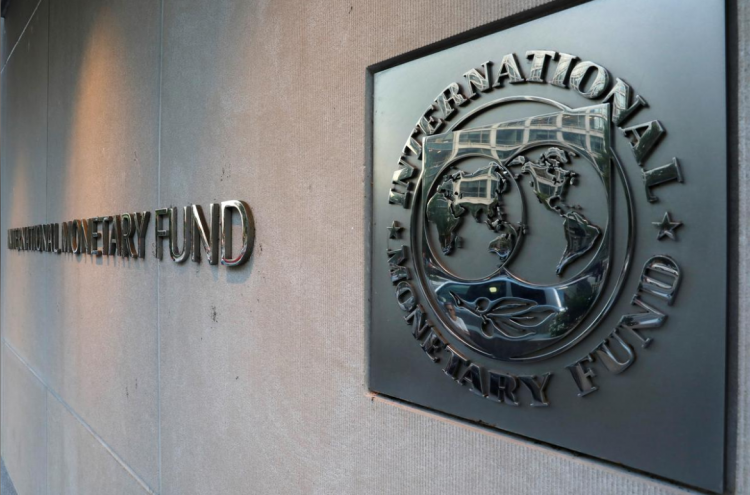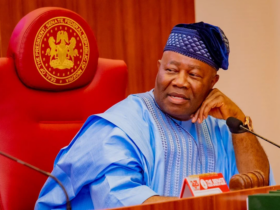
The International Monetary Fund (IMF) has predicted that the country’s growth could fall to zero in 2024 and only slowly recover to two percent in 2028.
The fund revealed this in its February 2024 Post-Financing Assessment and Staff Report.
The report highlighted that the uncertainty surrounding Nigeria’s net international reserves level introduces additional risks, particularly in the face of potential external shocks that could affect external stability, poverty levels, and food insecurity.
Furthermore, the fund cautioned that Nigeria’s exchange rate could undergo further depreciation, projected to reach approximately 35 percent this year. This depreciation could lead to a significant surge in inflation, potentially peaking at 44 percent before monetary policy measures are implemented to address the situation through tightening.
The IMF report noted that amid the absence of local production and the recent liberalisation of commodity imports, the exchange rate would likely depreciate further.
It stressed that domestic demand had weakened due to the steep fall in real incomes, as investments in the oil sector would likely stall due to rising costs and production declines.
IMF also indicated that the fiscal deficit may surpass six percent of GDP in 2024 and 2025, influenced partly by heightened transfers aimed at addressing social unrest (one percent of GDP) and an escalation in the implicit fuel subsidy.
“The spike in inflation and rise in uncertainty trigger portfolio outflows, and Nigeria is unable to access Eurobond financing. Reserves will decline to $17 billion in 2025. Obligations due under the RFI peak at over eight percent of officially reported reserves,” it said.
According to the Bretton Woods institution, the country would benefit from developing a comprehensive macroeconomic and growth strategy in collaboration and with support from development partners.
READ MORE: OPINION: Hardship: Bemoaning Alarming Economic Crisis in Nigeria
This, it said, would include aggressive monetary tightening, fiscal adjustment to restore macroeconomic stability, and putting in place climate adaptation measures.#IMF









Leave a Reply